The United Arab Emirates (UAE) has positioned itself as a regional and global leader in sustainability, making bold commitments such as achieving Net Zero emissions by 2050 and investing in clean energy and green building. Despite this impressive momentum, the UAE continues to face significant sustainability challenges that must be addressed comprehensively. These challenges are not isolated; they intersect across environmental, economic, and social dimensions and require innovative, collaborative, and systemic solutions.
Environmental Challenges: Water Scarcity and Ecosystem Pressure
Among the most critical environmental concerns is the UAE’s extreme aridity and limited freshwater availability. The country receives minimal rainfall, and its natural water reserves are scarce. To meet growing demand, the UAE relies heavily on desalination, which, while effective in producing potable water, is energy-intensive and contributes to the degradation of marine ecosystems through the discharge of highly saline byproducts and chemicals into the sea.
Future strategies must prioritize sustainable water management through the expansion of greywater reuse systems, low-flow fixtures, and urban landscaping that requires less irrigation. Green building programs, supported by standards like LEED, also emphasize water efficiency, and LEED Consultancy UAE plays a pivotal role in integrating these features into residential and commercial developments.
Urbanization and Infrastructure Load
Rapid urban expansion poses another major challenge. Cities such as Dubai, Abu Dhabi, and Sharjah have undergone explosive growth in population and infrastructure, resulting in higher energy use, traffic congestion, and waste accumulation. Smart city concepts have been introduced, but full-scale integration across urban and rural areas is still in development.
As infrastructure expands, so does the carbon footprint. Transportation and building sectors are responsible for significant portions of greenhouse gas emissions. Although smart grids, electric vehicles, and district cooling systems are being adopted, coordination between public authorities and private developers is crucial to ensure a cohesive transition.
Carbon Emissions and Economic Structure
The UAE’s economy has long been fueled by oil and gas revenues, making it one of the world’s most carbon-intensive nations per capita. While diversification efforts through sectors like tourism, logistics, and technology are underway, fossil fuels still play a substantial role in industrial and energy production.
Transitioning to a low-carbon economy will require decarbonizing energy systems, upgrading infrastructure, and changing consumption patterns at the individual and institutional levels. Green building certifications like LEED are one key area of opportunity. With the support of LEED Consultancy UAE, developers can adopt energy-efficient designs and operational strategies that lower emissions and enhance long-term value.
Waste Generation and Resource Recovery Gaps
Waste generation, particularly from construction activities, plastics, and consumer goods, remains a substantial issue. While efforts to promote recycling and reduce landfill dependency are growing, the shift to a circular economy — where materials are reused or regenerated — is still in its infancy.
There is a need for stronger regulatory frameworks, incentives for manufacturers to design sustainable products, and public awareness campaigns. Implementing mandatory waste separation at source, improving recycling infrastructure, and encouraging waste-to-energy projects will be key steps forward.
Social and Cultural Dimensions
Sustainability is not solely about the environment — it also involves people. One of the social challenges in the UAE lies in fostering environmental awareness across a multicultural population. With residents from diverse backgrounds, creating inclusive communication strategies and educational initiatives is essential.
Engaging communities through green education, workshops, and social campaigns can empower residents to make sustainable choices in their daily lives. Schools and universities are beginning to play a bigger role, integrating sustainability into their curricula.
Economic Incentives and Private Sector Engagement
Another challenge lies in aligning private sector actions with national sustainability goals. While many businesses support green transformation in principle, upfront costs and perceived complexity especially regarding building certification often lead to resistance.
This is where expert support becomes vital. LEED Consultancy UAE helps companies navigate the certification process, understand lifecycle cost savings, and implement practical sustainability strategies that comply with international standards and improve market reputation.
Conclusion
The UAE’s sustainability journey is inspiring but far from complete. Addressing the challenges of climate resilience, water scarcity, urbanization, and carbon dependency requires holistic, multi-level solutions. With its strong governance and visionary leadership, the UAE has a robust foundation to overcome these challenges.
By investing in innovation, engaging citizens, and promoting green business practices — particularly with the guidance of organizations like LEED Consultancy UAE — the country can transform these sustainability challenges into opportunities for long-term prosperity and resilience.

